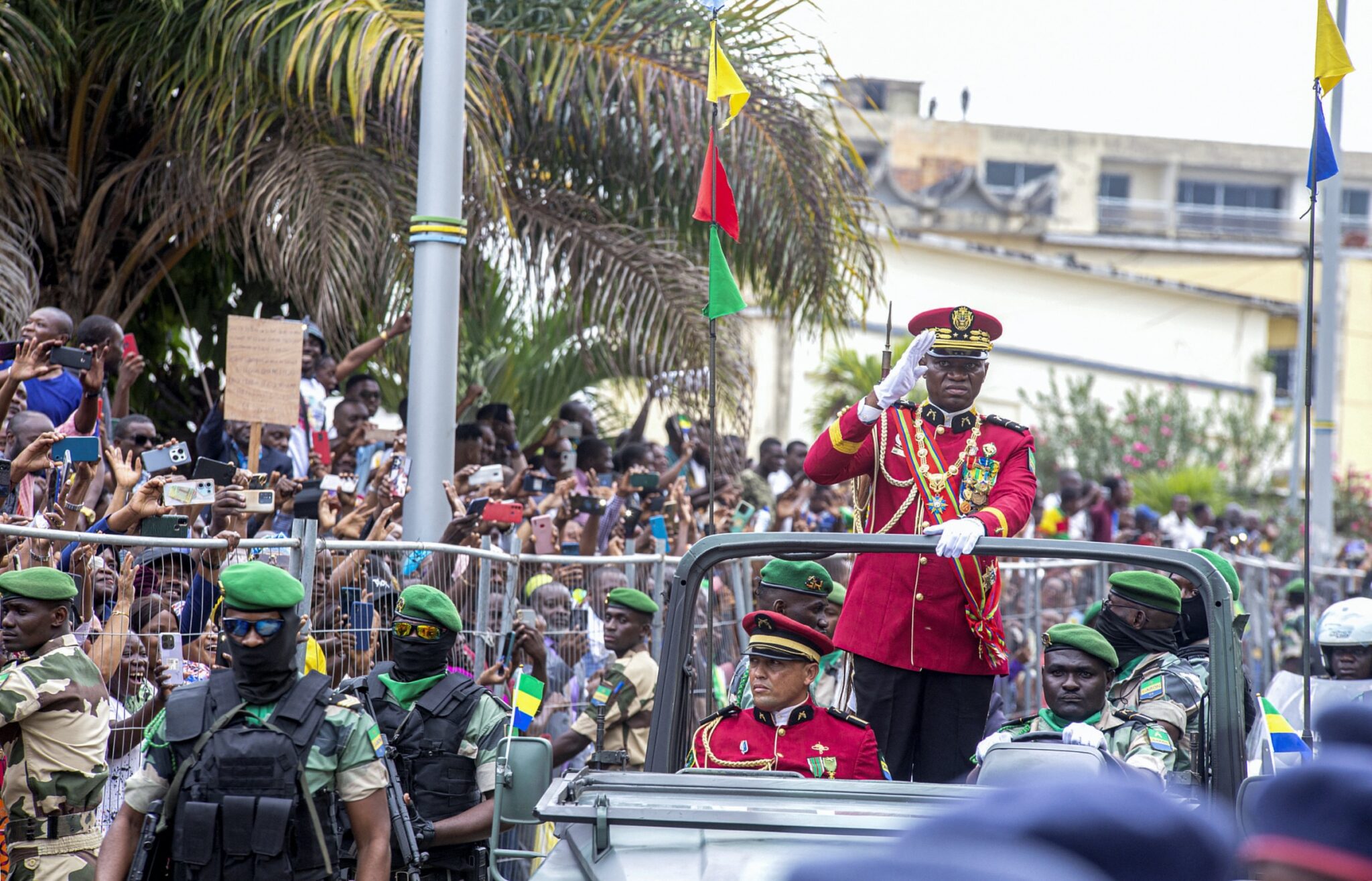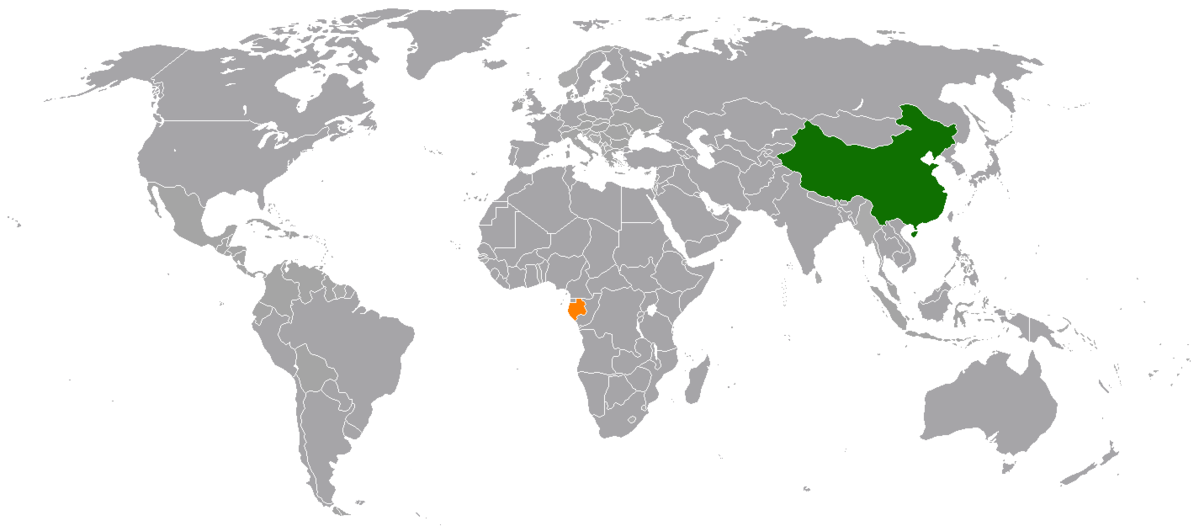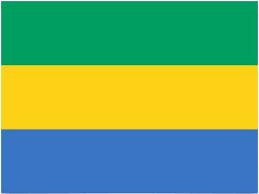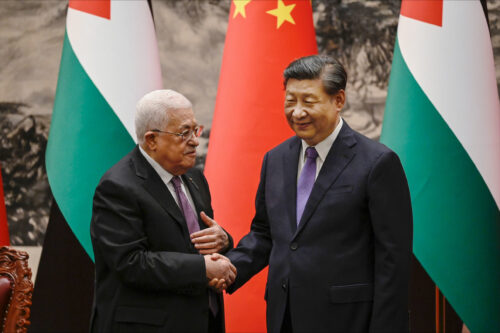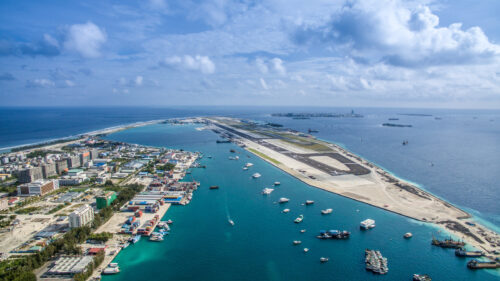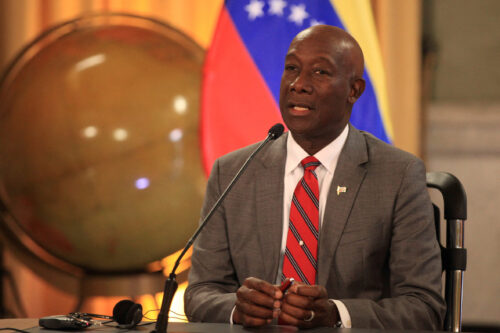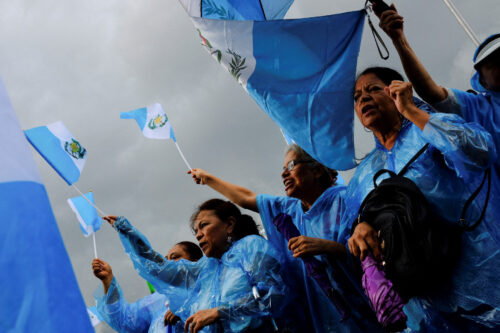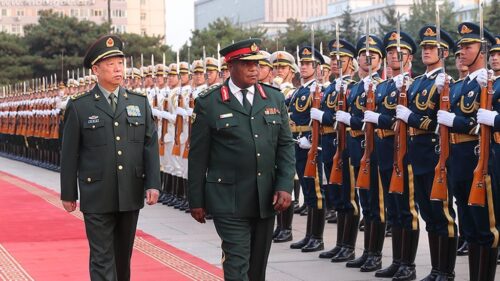Our weekly explainer series, China Ties, looks at China’s relationship with different countries of the world.
On August 30, Gabon made a rare appearance in international news, when a military junta overthrew President Ali Bongo, possibly putting an end to 56 years of rule by his family. China’s foreign ministry urged the new government to restore order and ensure Bongo’s safety, similar to its response to the Niger coup one month earlier.
The jury’s out on how this will impact China’s position. Since the P.R.C. established ties in 1974, it’s only had to deal with two leaders in Gabon — Omar Bongo (1967–2009), then his son Ali Bongo, who won elections held shortly after his father’s death in 2009. Keeping it in the family meant political stability, a treasured resource in Chinese international relations.
Regardless of who runs Gabon, China is interested in boosting ties. It’s “an important potential ally for an evolving Chinese Africa strategy,” writes Cornelia Tremann, the Senegal and Gabon representative to China-Africa Advisory. Tremann argues this strategy is “to diversify oil imports and strengthen relations with smaller African countries.”
Gabonese Republic
Founded: November 28, 1958
Population: 2.4 million
Government: Constitutional Democracy (de jure), Military Junta (de facto)
Capital: Libreville
Largest City: Libreville
Established relations with the P.R.C.: April 20, 1974
Despite its low profile, the sub-Saharan nation of Gabon has some interesting calling cards — a country with 85% forest cover, where most citizens get by on $2 a day, yet also Africa’s biggest champagne consumer.
Gabon is also oil rich: Black gold accounted for over half of Gabon’s sizable exports to China last year. But while Chinese oil companies are continuing to explore Gabon’s potential, the country is still small fry for China’s oil imports. More importantly, 22% of China’s manganese ore (important in EV batteries) comes from Gabon, the country holding a quarter of the world’s known reserves.
And if a recent article from Africa Intelligence is to be believed, Ali Bongo had promised the Chinese army a port. According to the article, earlier this year Bongo made a verbal agreement with Xi for the PLA to get an Atlantic naval base on the Mandji peninsula, around 90 miles from the capital, Libreville. China has been angling for an Atlantic military port for years, but it remains to be seen if this agreement will last with Bongo out.
Gabon could also be the perfect testing ground for green projects. Its vast acres of untouched rain forest make it one of the few countries in the world to absorb more CO2 than it emits. Bongo’s regime has taken environmental conservation seriously, which China recognized in a 2023 communiqué, calling them “environmental pioneers” and pledging to help protect their environment. As Chinese companies manage half of the country’s logging areas, that’s just as well.
“The Sino-Gabonese partnership started under Omar Bongo in the 2000s,” says Douglas Yates, a professor of international relations at the American Graduate School in Paris and the author of the Gabon chapter of the Africa Yearbook since 2004, “particularly when the half-Chinese Jean Ping was Bongo’s foreign minister and right-hand man on Chinese affairs [1999–2014].” Between 2005 and 2014, trade between the two grew by 600%.
There were several big goodwill projects of the kind that China often launched in African countries at this time, like interest-free loans in 2000 for a new Gabonese Senate building, and a new building for the Gabonese national broadcaster in 2007. Ali Bongo’s tenure opened with an interest-free loan for a soccer stadium in the capital in 2010, just in time to hold the African Cup of Nations in 2012.
But there were misfires, too. In 2006, state-owned mining conglomerate CMEC bought the license to an iron ore mine in the Bélinga mountains, one of the biggest deposits of untapped iron ore in the world. Some claimed bribery had a hand in making the Gabonese government give CMEC the deal over the heads of a major Brazilian company, while others reasoned government-backed funding was a more reliable source of investment than private enterprise. Activists pointing out potential environmental damage were arrested. The project stalled, then was canceled in 2013, supposedly on an agreement from both sides.
According to Yates, a series of nationalist economic policies from Bongo’s government made Gabon unattractive to foreign investors — U.S. companies withdrew en masse in the early 2010s. The West’s loss was China’s gain. In 2012, China was trailing far behind the U.S. and France in Gabonese trade. Fast-forward 10 years and the positions have reversed — China is now Gabon’s biggest partner, with total trade at $2.9 billion according to the IMF, 84% of which are Gabonese exports to China.
Bongo wanted to attract international investment under a new plan, “Gabon Emergent,” launched in 2009. The Belt and Road Initiative, which Bongo signed up for in 2018, could help with that. Gabon “intends to fully seize all the opportunities offered,” Bongo said during a state visit to Beijing in April. The two countries upped their relationship to a “comprehensive strategic cooperative partnership” (China’s dreadful name for the closest diplomatic allies) during that time, promising to increase trade, investment, and military support.
This could have been Gabon’s way of getting away from French domination. “Bongo has been pivoting away from France a little bit for some time,” Cornelia Tremann tells this columnist, “and close relations with China would only reinforce a better diversification away from a French-dominated economic and political system.”
Meanwhile, Gabon supported China by backing the Hong Kong National Security Law before the United Nations Human Rights Council in 2020, and in 2021 signed a letter to the UN stating, “Hong Kong, Xinjiang, and Tibet-related issues are China’s internal affairs that brook no interference.”
Given that China had such a good working relationship with Bongo Senior and Bongo Junior, forging new connections may be frustrating.
